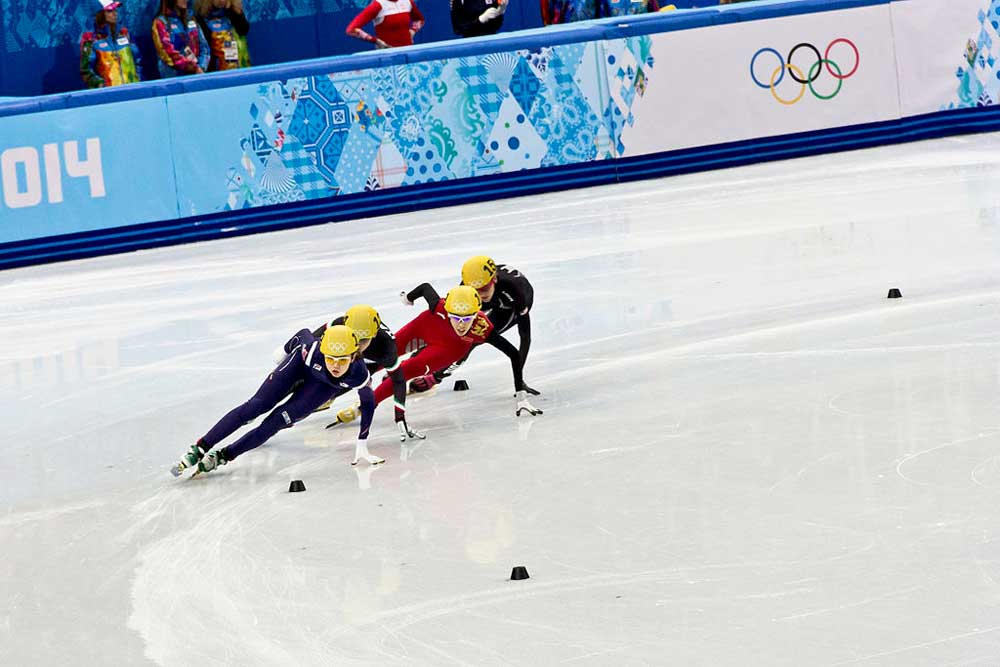Citing forced labor and human rights abuses in China’s Xinjiang region, the US became the first country to diplomatically boycott the Winter Olympics in China. Since then, three other countries Australia, Canada, and the UK followed suit.
New Zealand is also not sending a diplomatic delegation, but the country has cited coronavirus as the reason.
Japan has stopped short of a complete diplomatic boycott. The President of Japan’s International Olympic Committee, Yasuhiro Yamashita, could attend the Winter Olympics instead of a Cabinet Minister.
Athletes to participate

However, all the countries that have symbolically boycotted the Winter Olympics will allow and support their athletes.
The Winter Olympics are set to begin on February 4, 2022, and end on February 20, 2022, lasting a little over two weeks.
China’s reaction
China has reacted angrily, assuring countermeasures and warning the US that it will pay a price for its erroneous actions.
The Chinese Foreign Ministry has taken up several issues over the past few days, from domestic developments in the US to international incidents, questioning the United States’s commitment to democracy and human rights.
The US flagging the human rights issue in Xinjiang is not spontaneous, however. The country had passed the ‘Uyghur Forced Labor Prevention Act’ on September 22, 2020, restricting the goods manufactured in Xinjiang and imposing sanctions on those who facilitate forced labor in the region.